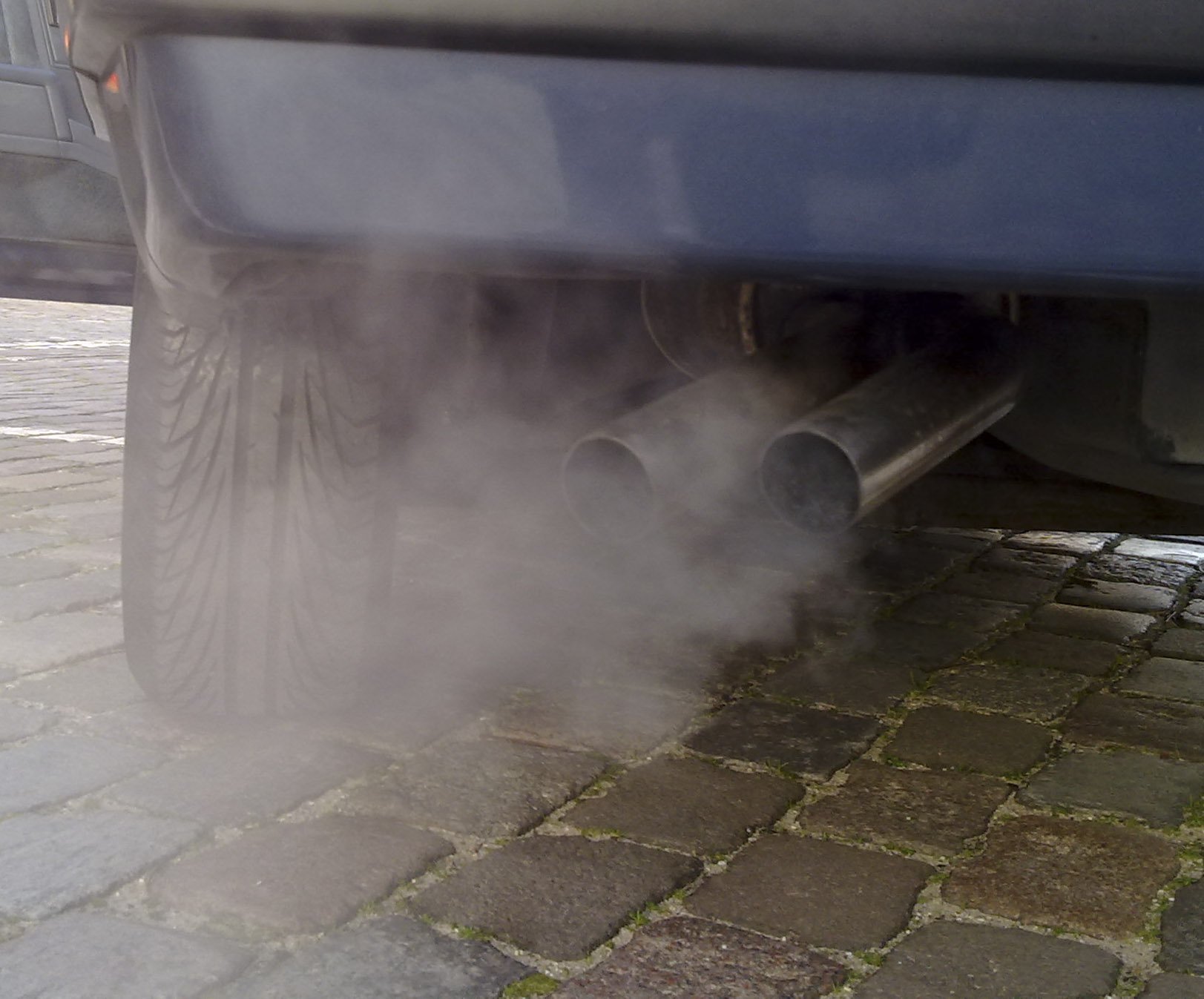Oil giant BP has said annual oil demand may have already reached its high point as the world converts to renewable energy usage and away from fossil fuels.
The FTSE 100 company’s projection is detailed in its 2020 Energy Outlook, which sets out three possible scenarios of the planet’s transition to renewable energy.
All of them forecast global carbon emissions falling over the next 30 years. However, the ‘Business as usual’ (BAU) scenario suggests they will peak in the middle of the decade before dropping by only 10 per cent from 2018 levels by mid-century.
Under the more ambitious Rapid Transition and Net Zero scenarios, carbon emissions are predicted to decline by 70 and 95 per cent respectively, and oil does not recover to its pre-coronavirus demand.
All three scenarios estimate renewable energy consumption growing by at least 5 per cent due to lower productions costs and government policies incentivising the transition to low-carbon power sources.
Last month, BP chief executive Bernard Looney pledged the firm would increase its spending twentyfold on renewable energy to $5billion a year by 2030 and not enter any new countries to for oil and gas exploration.
BP recently revealed that it signed a deal with Equinor to purchase 50 per cent stakes in two wind farms off the eastern US seaboard.
Today, Looney declared today’s outlook was ‘instrumental’ to building on that promise. He said: ‘The world is on an unsustainable path, and its carbon budget is running out.
‘That energy markets will undergo lasting change, shifting towards renewable and other forms of zero- or low-carbon energy.
‘That demand for oil and gas will be increasingly challenged. And that, alongside many others, BP can contribute to the energy transition that the world wants and needs, and create value doing so.’
The more aggressive rapid transition and net-zero scenarios foresee oil demand tumbling below 55 million barrels a day and ending up at around 30 million barrels per day by 2050, with China and the developed world responsible for most of the fall.
BP said the net-zero goal would only be delivered if the rapid transition measures, which include a high carbon price, are ‘both added to and reinforced by significant shifts in societal behaviour and preferences.’
In a BAU scenario though, liquid fuel consumption recovers their pre-Covid levels and remains at 100 million barrels each day until 2040, and then drops to only 95 million ten years later.
Read more: DailyMail




